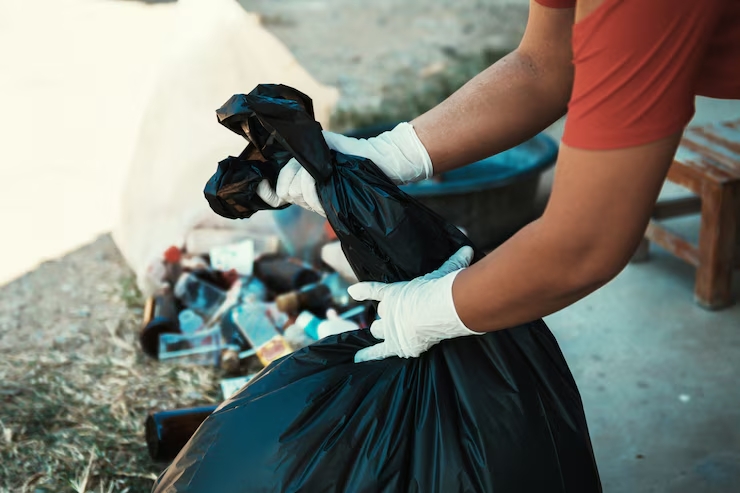
Legal and lawful disposal of garbage is a part of doing business legally, and lawfully. Commercial waste disposal is the systematic collection, transportation, treatment, recycling or dumping of commercial garbage. Knowledge of how it works can help businesses save money, stay compliant, and have a clean environment.
What is Commercial Waste?
Commercial waste refers to any kind of waste that is produced from commercial activities like offices, shops, restaurants, factories, and warehouses. It consists of general waste, recyclables, hazardous waste, and bulk waste.
The Commercial Waste Disposal Process
1. Segregation and Classification of Waste
Commercial institutions have to segregate waste prior to collection in the following:
- General waste (non-recyclable).
- Recyclables (paper, plastic, metal, glass).
- Food waste.
- Hazardous waste (chemicals, batteries, medical waste).
- Classification is for safe handling and conformity with law.
2. Collection Services
Business waste management companies provide on-call or regular collection services. The service depends on commercial trash volume and type being generated. The companies can accept:
- Weekly, monthly, or daily collection.
- Wheelie bins, sacks, or skips depending on waste volume.
- Special bins for hazardous or confidential waste.
3. Transport
On removal, rubbish is carried by licensed vehicles to recycling or treatment facilities. Businesses are required to use registered waste carriers and issue a waste transfer note with every collection in order to be lawfully compliant.
4. Sorting and Treatment
It is sorted into different streams in the processing plant. Recyclables are separated and cleaned for recycling. Organic waste can be taken to composting plants or anaerobic digestion plants. The rest of the waste is incinerated to generate energy or taken to landfills, but landfilling must be a last resort.
5. Recycling and Disposal
The final step in commercial waste management is recycling or safe disposal. Waste that can be recycled is processed back into supply chain and non-recyclable waste is treated or disposed according to environment regulations. Hazardous waste must be disposed off using special processes due to safety concerns.
Benefits of proper commercial waste disposal
- Economical: Segregation and recycling can be employed to reduce the cost of disposal.
- Environmental Sustainability: Preserves landfill garbage and carbon footprint.
- Legal Compliance: Avoids companies from getting fined for illegal dumping.
- Reputation Management: Enhances your firm’s green reputation.
Wrapping Up
Understanding how commercial waste disposal works provides the firms with negotiating power to dispose of their wastes more effectively. Proper segregation of wastes, the use of a solid waste management service provider, and practice of recycling ensure the companies are in compliance and heading towards an environmentally friendly future. From small businesses to huge corporations, an investment in a systematic process of waste elimination is certainly a move towards greater efficiency and accountability.